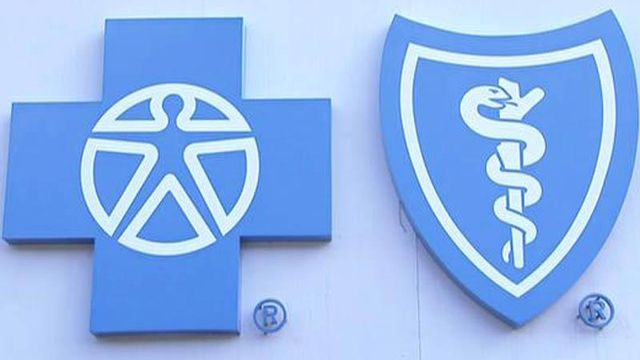Blue Cross profits, exec pay spark criticism
Blue Cross Blue Shield of North Carolina, the state's largest insurer, earned $186 million last year while raising premiums on customers as the economy slid into recession.
Posted — UpdatedSuch large profits by a nonprofit company elicited sharp criticism from health care reform and state employee advocates.
"I think it's outrageous. We have North Carolinians losing their jobs, losing their health insurance, really hurting, and then you look at Blue Cross," said Adam Searing, director of the NC Justice Center's Health Access Coalition and a longtime critic of Blue Cross.
"I think it sends the message to North Carolinians that we (at Blue Cross) care more about making money than making health insurance affordable," Searing said. "It raises a question: Where are our premium dollars going?"
Blue Cross spokesman Lew Borman defended the insurer's financials, pointing out that the company's 3.6 percent profit margin in 2008 was the smallest in at least five years. Profits also were down from $209 million in 2007, and Borman noted the company paid $162 million in federal, state and local taxes last year.
"We know times are tough and we're trying to do something about it," Borman said. "We're in solid financial shape, and it's due to the executives that put us in that position."
The top six executives at Blue Cross each made more than $1 million last year, topped by Chief Executive Bob Greczyn at close to $4 million. Greczyn's annual income included a $3 million bonus and was a 23 percent increase over 2007.
Other top executives also saw sizable bumps in their 2008 incomes. Chief Operating Officer James Wilson, for example, got a 32 percent raise, while Chief Financial Officer Daniel Glaser's compensation rose by 21 percent and Chief Sales and Marketing Officer John Roos' income went up 20 percent.
Borman said 85 cents of every $1 in revenue at Blue Cross goes to medical costs, compared with one-third of a cent for executive pay.
"I think we put our customers first and foremost," he said.
Still, the average premium increases for 2009 policies are in the "high single digits," he said, declining to be more specific.
"We understand the concerns about health care, and we're trying to do something about it," he said.
Blue Cross administers the State Health Plan, which provides medical coverage for almost 650,000 state workers, public school teachers and retirees. Lawmakers expect to spend $300 million this spring to cover the plan's ballooning deficit.
Dana Cope, executive director of the State Employees Association of North Carolina, said he finds Blue Cross' profits and executive salaries "morally reprehensible."
"How can they, in good conscience, pay their CEO almost $2,000 an hour when the majority of state employees earn $16 for that same hour of work?" Cope said in a statement.
In addition to its annual profit, Blue Cross has a $1.3 billion reserve account – enough to cover more than three months of operating costs.
• Credits
Copyright 2024 by Capitol Broadcasting Company. All rights reserved. This material may not be published, broadcast, rewritten or redistributed.






